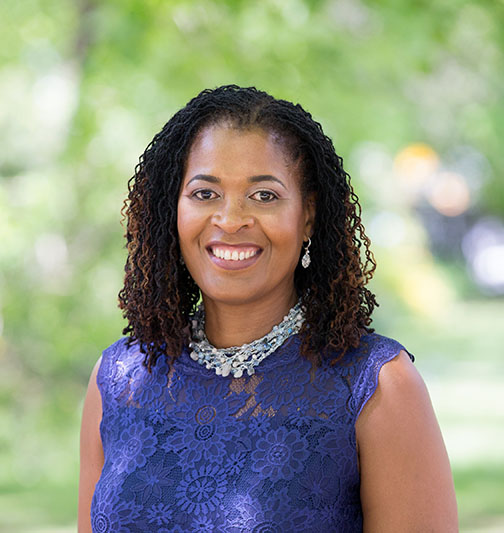Time to Challenge Misogynoir in Fundraising and Nonprofits

It’s been reported that Black people and other people of color make up 83% of reported COVID-19 cases in Toronto.
Other studies have found that Black people in Canada and the U.S. are more likely to get sick from COVID-19, and that Black communities have significantly higher mortality rates. The pandemic has also been financially devastating to Black and racialized women.
The numbers are clear. Those of us in fundraising and nonprofits cannot feign ignorance of anti-Black racism and the state of Black women, girls and gender-diverse people.
As we observe Black History Month and prepare for International Women’s Day, there’s cause for concern as much as celebration. We must act now.
The pandemic painfully exposes the impacts of anti-Black racism and the disregard for Black lives. It also reveals the scope of “misogynoir,” a term coined by Moya Bailey to refer to the unique discrimination against Black women.
I’ve spent my whole career in community services and the women’s sector. I’ve seen first-hand how Black women, girls and gender-diverse people experience systemic misogynoir. It means they’re more likely than other groups to live in poverty and to be paid less than white women. Studies show they’re less likely to be taken seriously when they report gender-based violence. They’re racially profiled and over-incarcerated. And they’re over-represented nationally when it comes to chronic illnesses, including cardiovascular and cerebrovascular disease and diabetes.
On a personal level, this experience of misogynoir is utterly painful, traumatic and damaging for mental health.
The powerful outcry at the deaths of many Black people, including Breonna Taylor and Regis Korchinski-Paquet, gave me hope. We repeated it again: Black lives matter, Black women and transgender people matter, and we’re not doing enough to protect them. Some governments have promised to do more on police accountability, fund community services for Black communities, and collect race-based data.
We can only see this as a start. The virulence of misogynoir means we need to do much, much more. Here are three key steps for us to take in fundraising and non-profit work.
1. Advocate for better work for Black women on the front lines
Women do most of the care and service work in Canada: health care and social assistance; educational services; and accommodation and food services. The most precarious jobs in these fields are usually staffed by racialized, Black and migrant women. As a result, many Black women face dangerous work environments, pay cuts, and the threat of unemployment — on top of the toll of caring for children and elderly relatives, which so often falls to women.
Black women have been protecting us in the pandemic; now we need to protect them. As philanthropists, nonprofit leaders and funders, we have to advocate for better work conditions and pay, as well as for the services, programs, and policies that support Black women. We need to actively value their labor.
2. Challenge misogynoir in our sector
Even with the lofty mission statements of charitable organizations, we often continue to perpetuate colonial and racist dynamics. When it comes to fundraising and grant-making, we must work to reduce the inherent power imbalances and build community-based decision-making, so that Black women and gender-diverse people lead the way. “Nothing about us, without us.” We must address the lack of diversity in our boardrooms and the gender pay gaps that are worse for Black and racialized women. As a Black woman CEO in this sector, I remain an anomaly, and I know others feel this challenge too. A group of Black Canadian fundraising professionals initiated a project called Our Right to Heal. I encourage us all to pay close attention to them and act as true allies.
3. Invest in Black futures
Misogynoir is grounded in history, so we need to invest in the future we want in our roles in fundraising and nonprofits. We need to support funding of community-based services run by and for Black women and their communities. This includes poverty reduction services, housing programs, legal supports, girls’ programs, and gender-based violence services. Furthermore, institutions and organizations that have ignored and harmed Black women and communities need to be held accountable and transformed.
And we need to advocate for intersectional policymaking. The current lack of race- and gender-based data makes it hard to respond to the coronavirus and save Black lives with tailored solutions. We need disaggregated race-based data in all areas, and more funding for the research that will remedy the pandemic’s disproportionate impact on Black women and girls.
Our allies and policy leaders have a lot of work to do to make Canada and America safer for Black women, girls and gender-diverse people. We need financial commitments and significant policy changes. Let’s make this difficult historical moment one we can look back on with pride.


 Paulette Senior is the President and CEO of the
Paulette Senior is the President and CEO of the 

